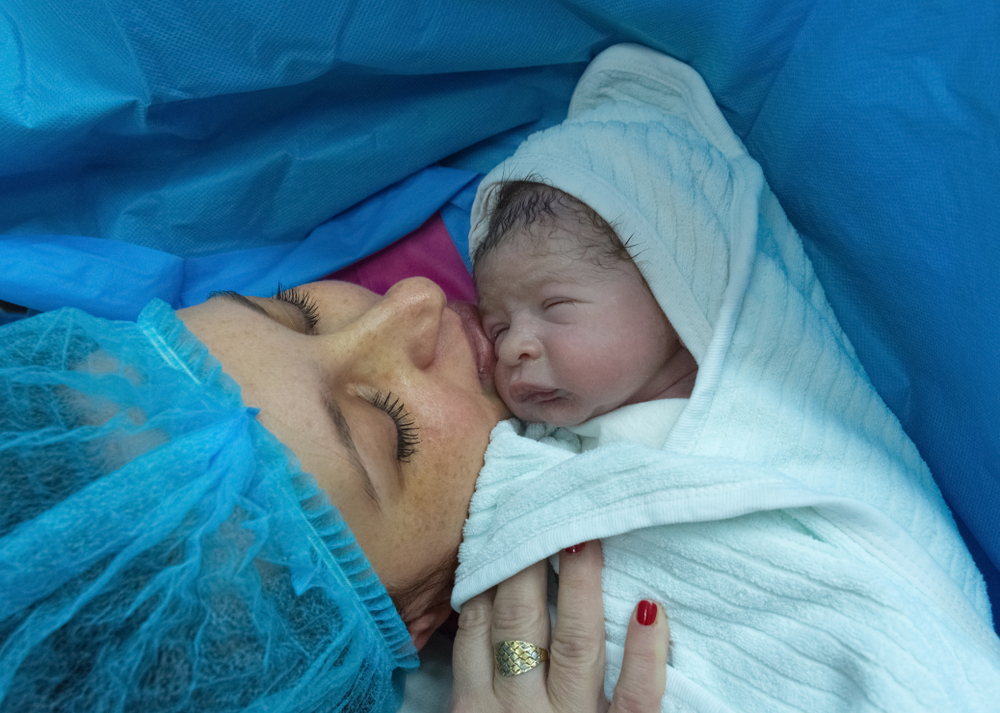Second Trimester
Fasting during Pregnancy, Is it safe?

The holy month of Ramadan is coming soon and it probably brings a lot of interrogations for all of you pregnant ladies or early mums. During the month of Ramadan (this year starting mid-June to mid-July), Muslims are required to practice fasting, meaning they stop eating and drinking from sunrise until sunset. While this practice is very beneficial for most people observing it, it raises a number of questions insofar as pregnancy is involved. It is well known that a pregnant woman is exempt from fasting in the case where she fears for her health and her baby’s health, and she can fast the same number of days after having her baby. In spite of that, some mothers might feel bad for missing out on fasting during the holy month Therefore, we have answered a few questions to make this Ramadan a trouble-free holy month for all of you.
First of all: Is it safe to fast during pregnancy?
Until now, no direct causal effect has been defined linking fasting and pregnancy. The only proven effect is a reduced fetal movement while fasting. However, studies show it always returned to normal after resuming eating. While concerns have been raised regarding the health of both the mother and the baby, most studies show that daytime fasting has no effect on uterine blood flow and that most women can tolerate fasting. Nonetheless, it is worth mentioning that a study done on Muslim immigrants suggested that prolonged fasting might have a permanent effect that could show up in adult life. Children of fasting women were thinner and shorter than those of non-fasting women. As always, it should be up to you to consider those results and fasting should ALWAYS remain your decision in regards to your own feelings and desire.
Who should NOT fast?
While fasting is considered safe for most healthy women, some women should always restrict from fasting if they are part of the following categories:
-
Pregnant women with diabetes
-
Pregnant women with Dehydration
-
When the baby shows signs of not growing well during medical examinations
-
Pregnant women who feel weak and that they cannot cope with fasting
Are there factors that make fasting more tolerable?
-
The season
Pregnant women tolerate fasting in cold winter more easily than during hot summers -
The trimester of pregnancy
Fasting in the second trimester is usually better tolerated than the first or last trimester.
How to prepare yourself for fasting?
Deciding to fast while pregnant is a beautiful choice. But it should always be done in all safety for both yourself and your baby. Make sure to follow the steps listed below in order to ensure a safe and healthy fasting month:
-
First and foremost: make sure that your personal doctor is aware and approves of your intent to fast the month of Ramadan.
Each case is different, therefore you have to consult with your doctor even if you felt up to fasting according to the scientific evidence and the advice provided in this article. -
Check if you have any possible complications such as diabetes and anemia
-
Regularly check with your doctor if your baby is growing well.
-
Make sure you remain well hydrated.
This can be done by observing daily urine output. -
Make sure to take your vitamins daily and consistently
-
During the night, make sure that you drink a lot of fluids to stay well hydrated
-
Monitor fetal movements (baby kicking and moving).
Contact your doctor immediately if the baby isn't moving
In conclusion, being pregnant during Ramadan should not be seen as an impediment to your religious beliefs. If you decide to fast, this is an absolutely healthy and safe choice IF YOU remember to follow the steps outlined above. Always make sure that your decision will not have an impact on your baby’s health or your own. Most importantly, make sure you are comfortable with fasting as this should always remain your own decision.
The Arabic article can be found here.














